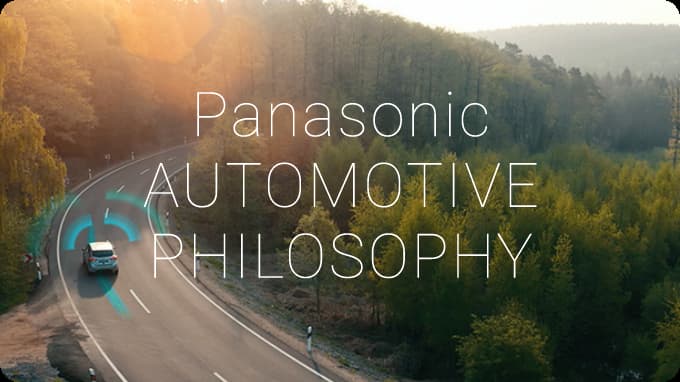Newsroom
Devote up to 15% of Work Time to New Challenges
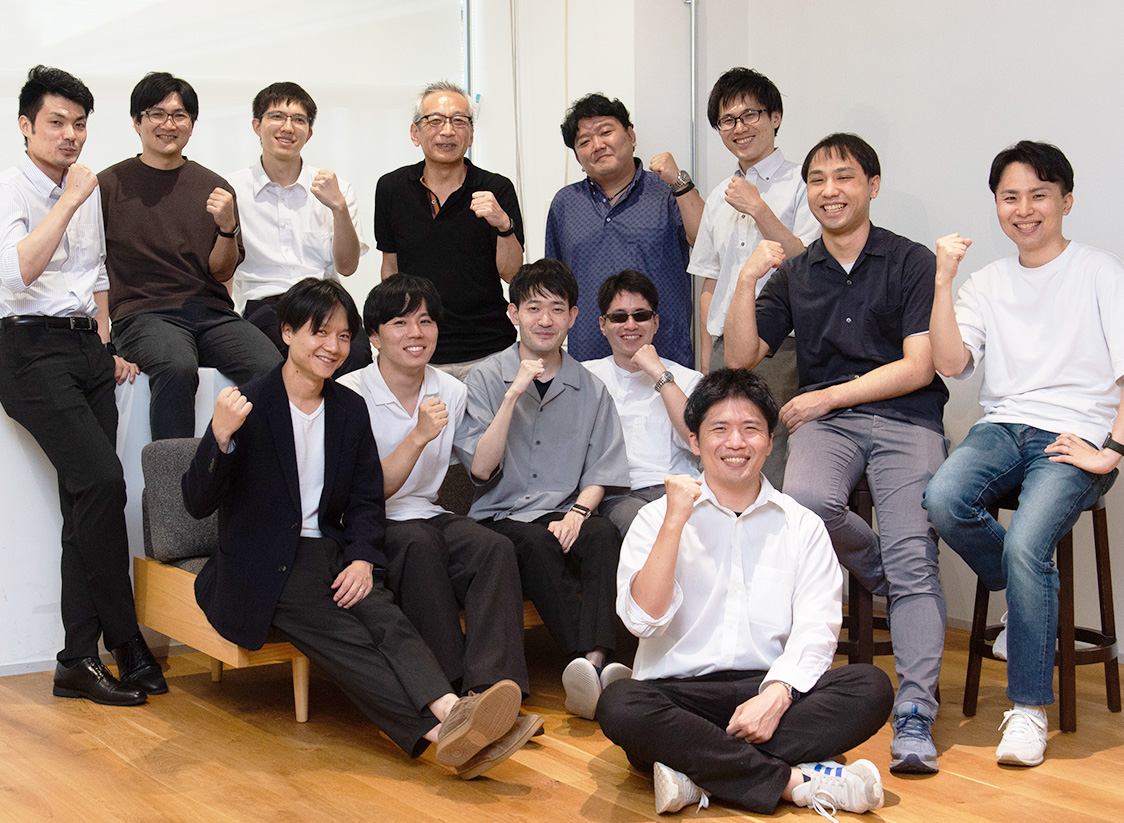
Panasonic Automotive Systems has a variety of personnel systems and training programs in place to support the growth and self-directive career development of each and every employee. In addition, each department provides unique career support in line with their assigned business and expertise.
In this issue, we will introduce Sho-no-Kai, a cram school activity conducted by the R&D Division.
Each year, 12 to 13 young to mid-career applicants participate in this program for the purpose of personnel development. Participants spend up to 15% of their work time on a variety of challenges that go beyond the boundaries of their daily work, studying topics such as technology, management, branding, and so on.
Participants set their own themes. Further enhancing their own skills and mindset
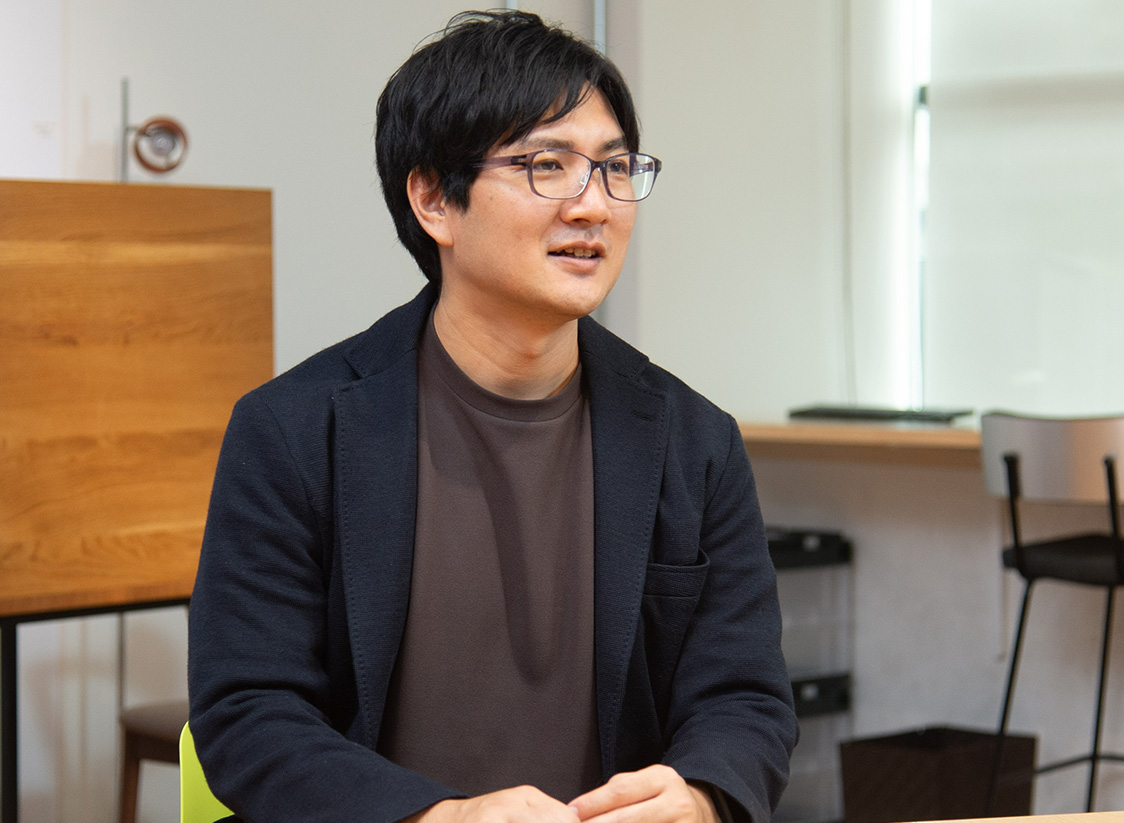
“Sho-no-Kai is a one-year cram school activity run by the R&D Division. Each year’s theme is set by the participating members themselves, and like-minded colleagues gather to plan and learn over the course of the year. Since it is recognized as company work, company assets can be used for the activities, and expenses are subsidized. We feel that the company supports us, as we learn about examples of company secrets and receive advice from highly skilled people within the company,” says Mr. Ryosuke Shiozaki, a member of the Sho-no-Kai secretariat.
“I want to take on new challenges and be a core of change. I hope to raise the viewpoints of participating members through exchanges with internal advisors and other companies, and it is also an advantage to be able to connect with many colleagues beyond the walls of our organization and place of work.”
Becoming BTC personnel that combine business, technology, and creativity!
One of the themes for FY2022 is Becoming BTC Personnel! To encourage people to become BTC personnel with skills in business (B), technology (T), and creativity (C), we conducted a variety of initiatives, including study groups, external training, interviews with experts, and prototyping of new businesses, etc.
In particular, we focused on design thinking to strengthen creative (C) skills. At the company’s training center, we learned a series of design thinking processes, including marketing persona setting, defining problems, idea generation, and prototyping.
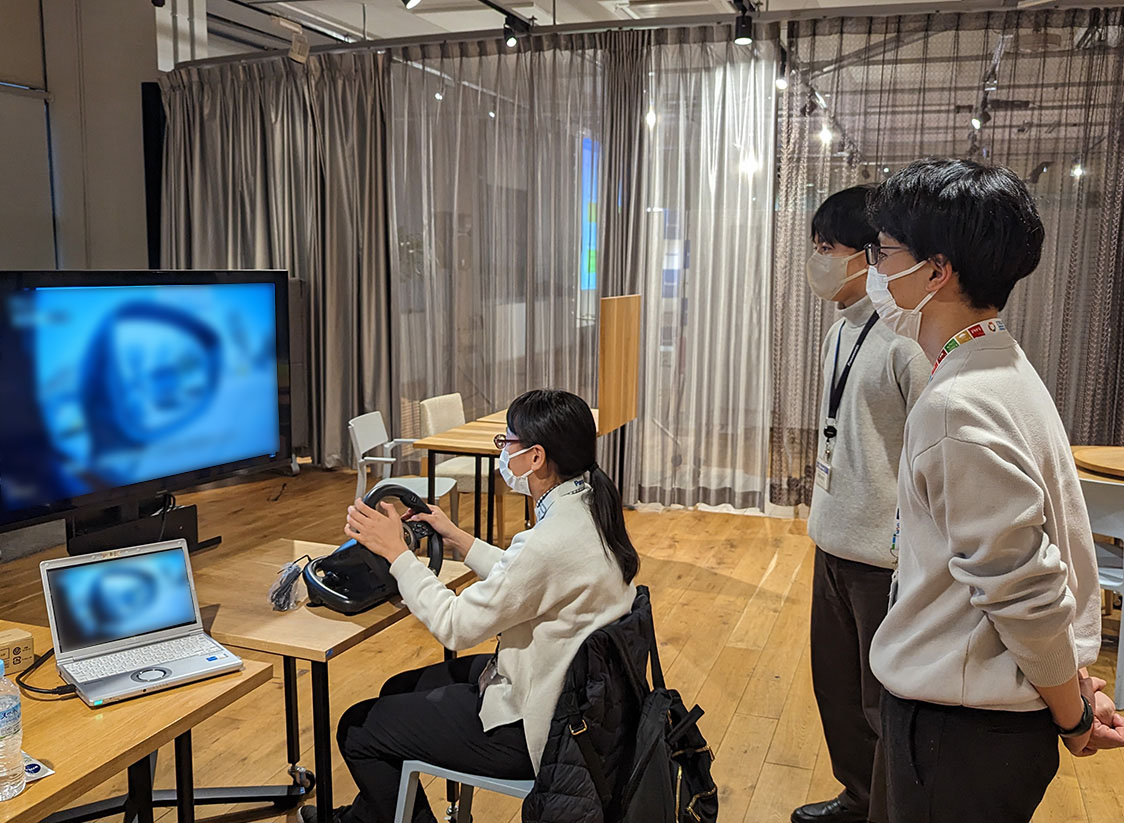
As a culmination of the year-long learning experience, the students also took on the challenge of designing a new business model. They developed a hypothesis for a new business model, created a prototype, and had potential users experience it with a driving simulator, and verified whether it could find solutions to user’s issues using biometric data and questionnaire results.
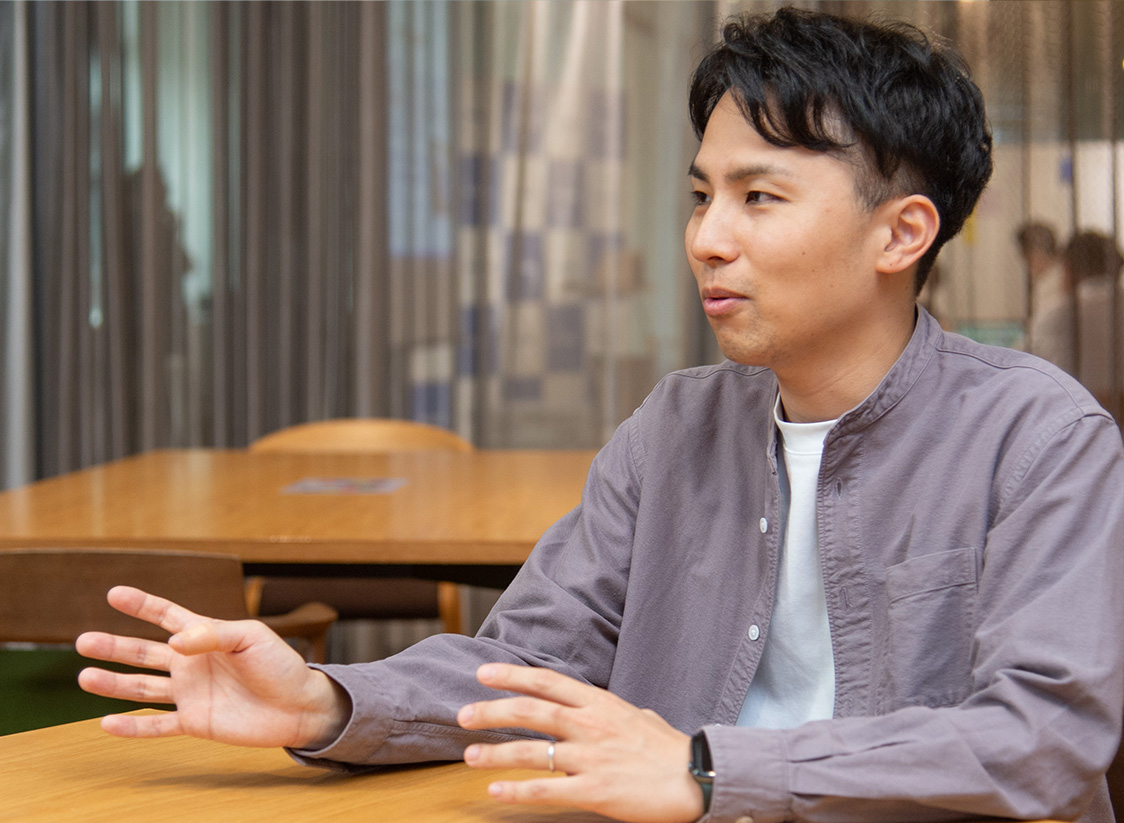
Theme leader Mr. Yusuke Saito said, “Through this theme, I came to understand that the most important thing is to take the first step with enthusiasm. Many difficulties will arise when building a new business. Even if you lack knowledge of technology or management, if you take the first step with enthusiasm, you can make up for it through learning and experience. The people around you will also help you.
In the future, I hope to spread this understanding throughout Panasonic Automotive Systems.” He found it to be a positive experience.
The fierce members of the company are drawn to this program! The ability to disseminate information is also important for engineers
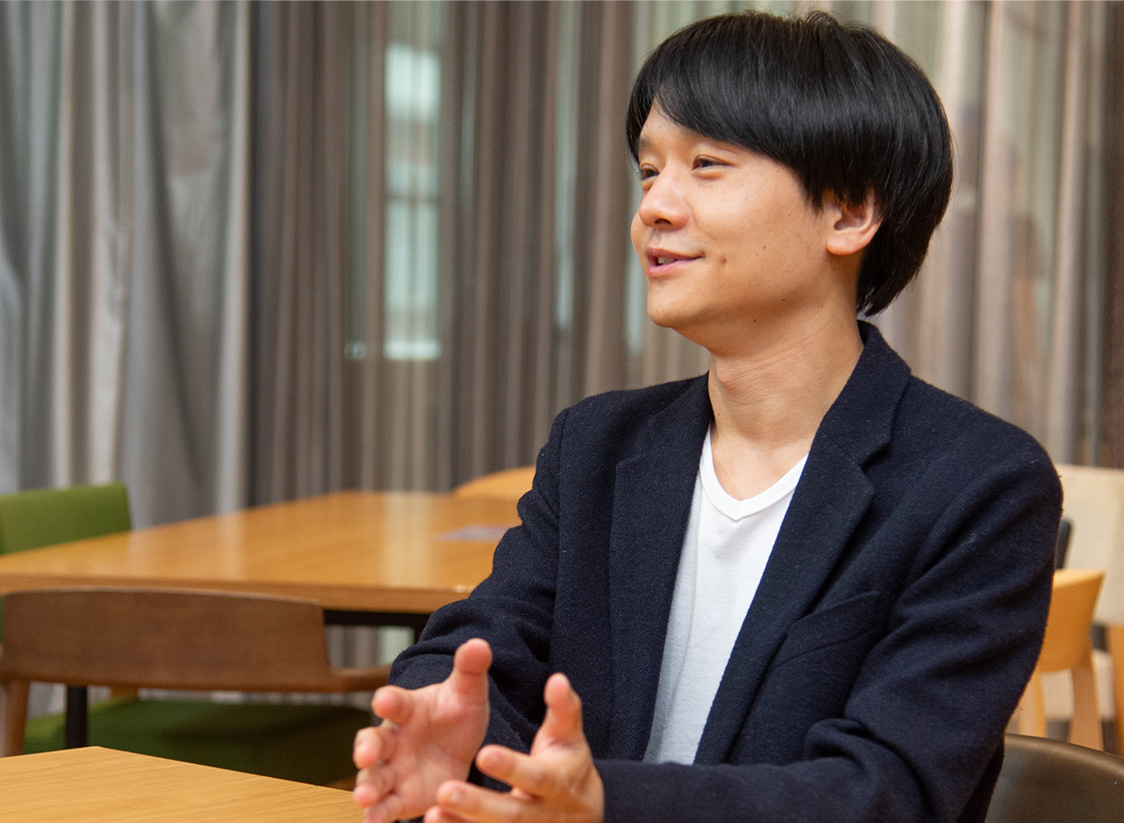
Mr. Kenji Oga is the driving force behind the Communication HUB theme, with the strong belief that, “The skills that engineers possess are often associated with R&D and other technology fields, but self-branding and the ability to disseminate information that supports those skills are also important.”
“We use our internal website, social media, online programs, and other digital platforms to disseminate information on a variety of expertise possessed by individuals and organizations beyond the boundaries of the organization. Through our continuous efforts over the years since 2020, the number of colleagues who voluntarily transmit information has increased considerably. Now that information dissemination has become commonplace, we plan to take on a new challenge with a different theme for Sho-no-Kai in FY2023.”
One of the initiatives of the Communication HUB is the Advent Calendar, an event in which posts are connected with a goal of one article per day from December 1 to Christmas 25 each year. In 2022, 19 volunteers submitted their daily learning and challenges.
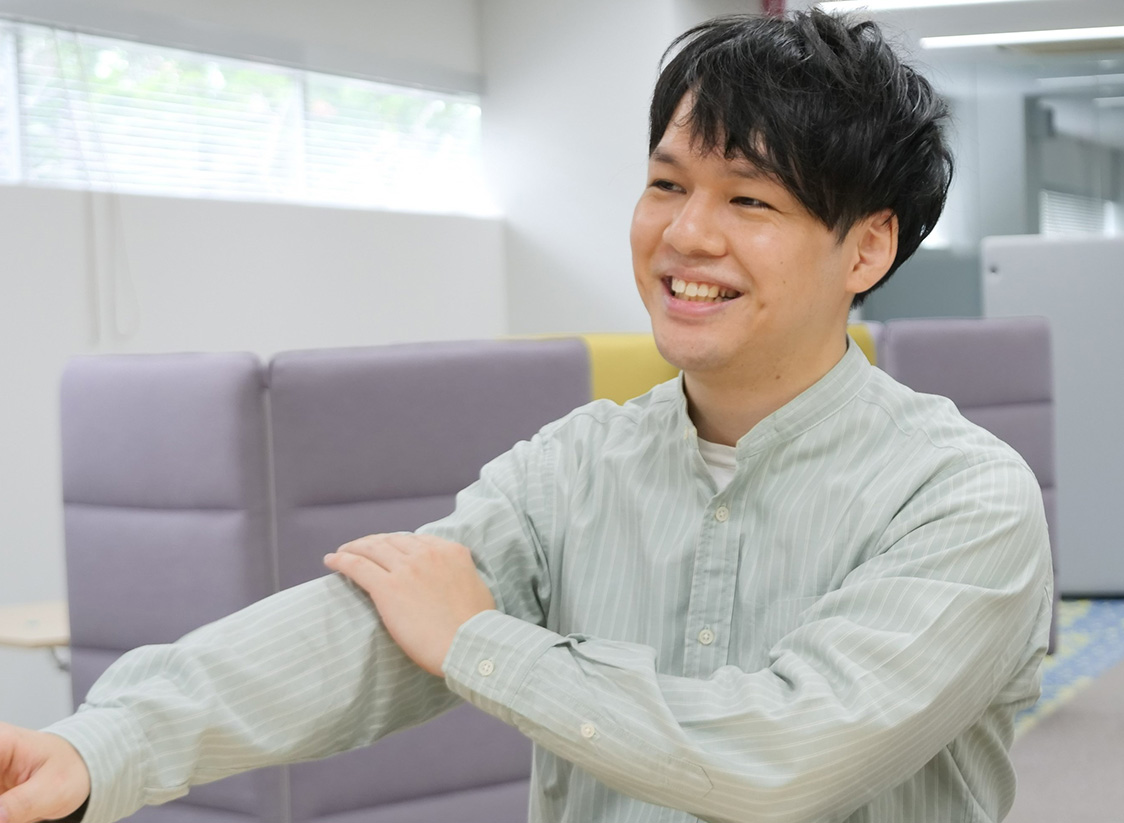
Among them, Mr. Naoya Tanimura’s Challenge to build your own RISC-V CPU*1 attracted the most attention. As this is a technical field that has recently been attracting increasing global attention, and Mr. Tanimura wrote a detailed article using videos and data, there were many responses such as “This will attract fierce people!” and “I also studied this while reading the reference book.”
“I have written articles for three consecutive years because I thought it was a good opportunity to share my learning. Again this year, I received comments from veterans who were active in the early days of computers and people who are studying a variety of subjects on their own, which were very stimulating. It motivates me to study more. I would like to continue to expand my expertise by taking on a variety of challenges in addition to making CPUs more powerful,” said Mr. Tanimura enthusiastically.
- RISC-V (Risk-Five) CPU: A CPU designed based on the instruction set architecture (ISA) provided under an open source license. This is the third CPU following Intel’s X86 and Arm cores, and many companies are already participating.
Learning new things (input) and disseminating what you have learned (output) are essential for both individual and organizational growth
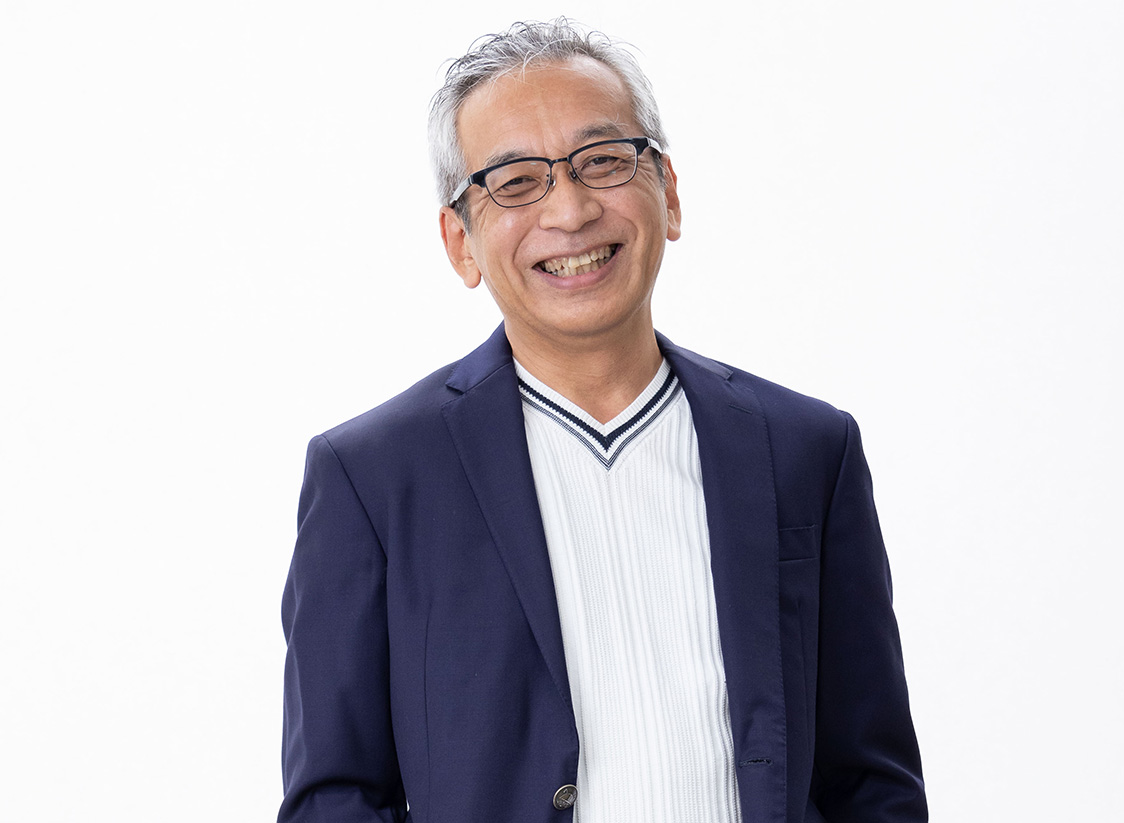
Mr. Susumu Ibaraki, General Manager of the R&D Division, who fully supports Sho-no-Kai from his position of responsibility for the organization, said, “Learning new things (input) and disseminating things learned (output) are essential for our growth as individuals and as an organization.
It is okay for Sho-no-Kai to take on challenges and end in failure. It is important to share with the entire organization what the challenges were and how it turned out in the end. Taking on various challenges with diverse members is a great stimulus to the entire organization. The organization also supports the activities of Sho-no-Kai and fosters an environment where each employee can improve their skills, for example, by using up to 15% of their total working hours and connecting skilled members within the company.”
Sho-no-Kai is also an active forum for voluntary activities
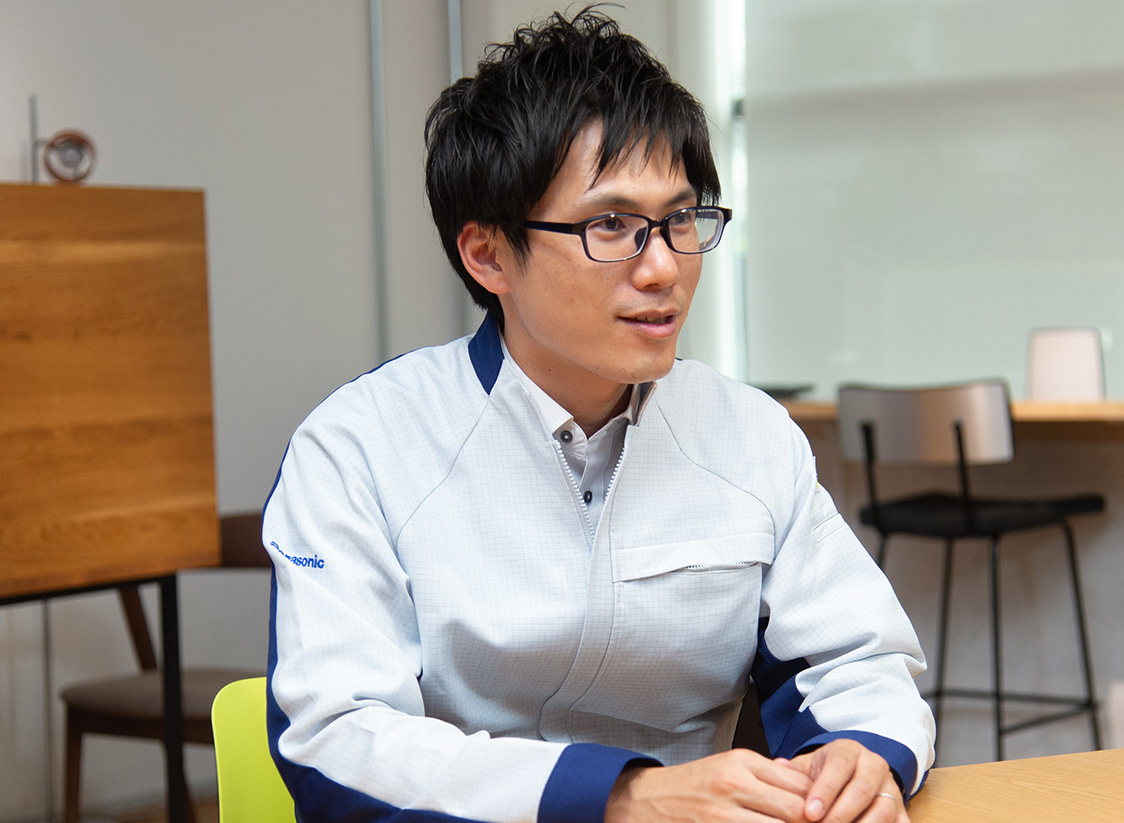
Mr. Koichi Tsumura, who will continue to serve as the Sho-no-Kai’s secretariat in FY2023, said, “This is the sixth year since Sho-no-Kai was established in FY2018. I feel that the themes and challenges set forth by the participants are becoming more interesting every year,” renewing his enthusiasm for the project.
“Sho-no-Kai has also become an active forum for voluntary activities. For example, in the Technical Challenge Club, members from other business divisions of the Panasonic Group gather to engage in a variety of self-improvement activities centering on technology. Last year, we participated in a contest outside the company and won a prize.
The reason we have been able to continue Sho-no-Kai so far is thanks to all the members who have stepped forward to take on the challenge and join us. I would like to express my gratitude to all of them, and I hope that the current members will challenge themselves with all their might and compete with each other as hard as their seniors.”
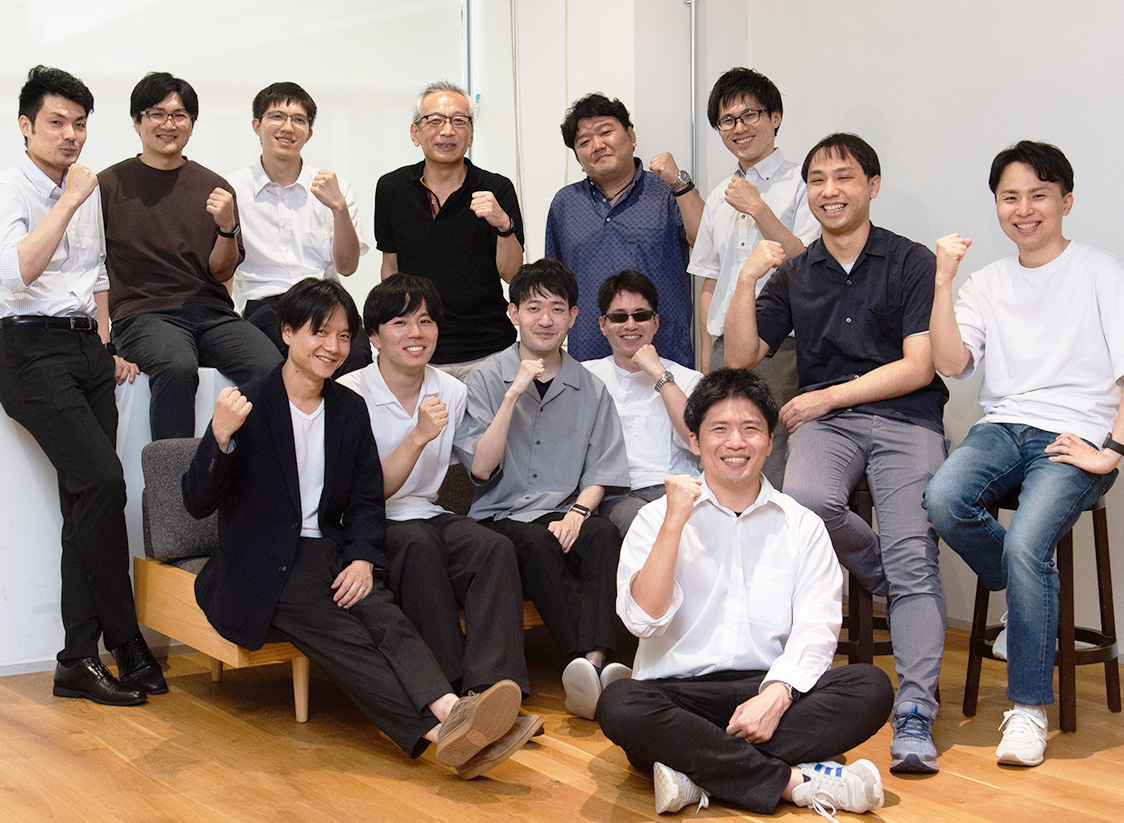
Support Programs That Hold the Key to Career Development
Panasonic Automotive Systems’ career development support takes a variety of forms. This includes training programs with curriculum prepared by HR, online training that allows individuals to choose their own learning themes, support for certification acquisition, communication programs such as 1-on-1 meetings with supervisors and a mentoring system, and leaps in other fields such as the internal open recruitment system (e-Challenge), internal side jobs, and external side jobs.
The R&D Division’s Sho-no-Kai is a system in which participating members set their own themes and use up to 15% of their work time to take on new challenges. It is a chance for participants to broaden their perspectives and enhance their skills as engineers and businesspeople through friendly competition.
- Affiliations and contents are current as of the time of the interview.
